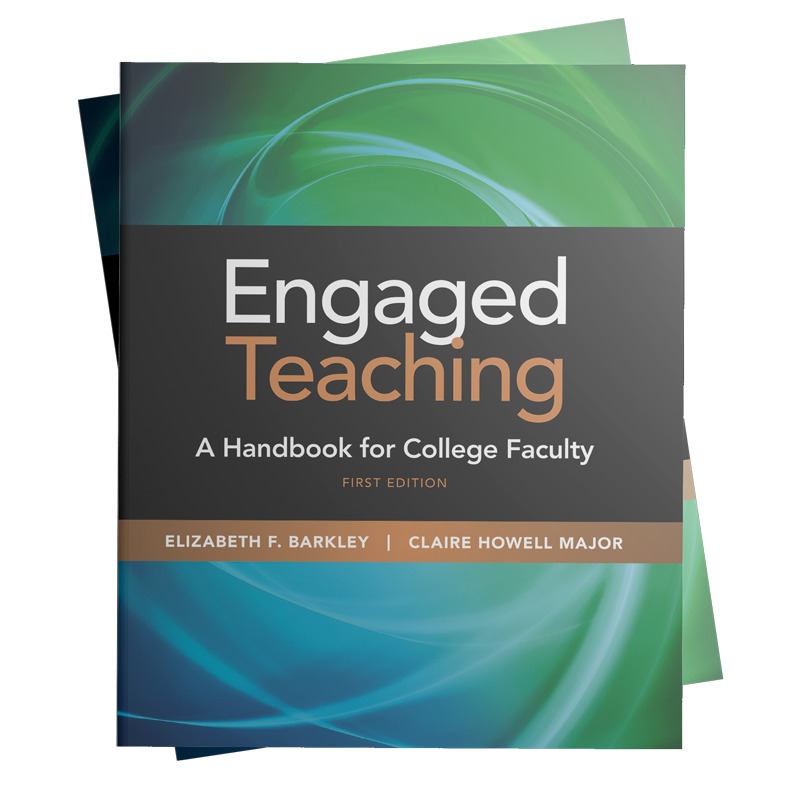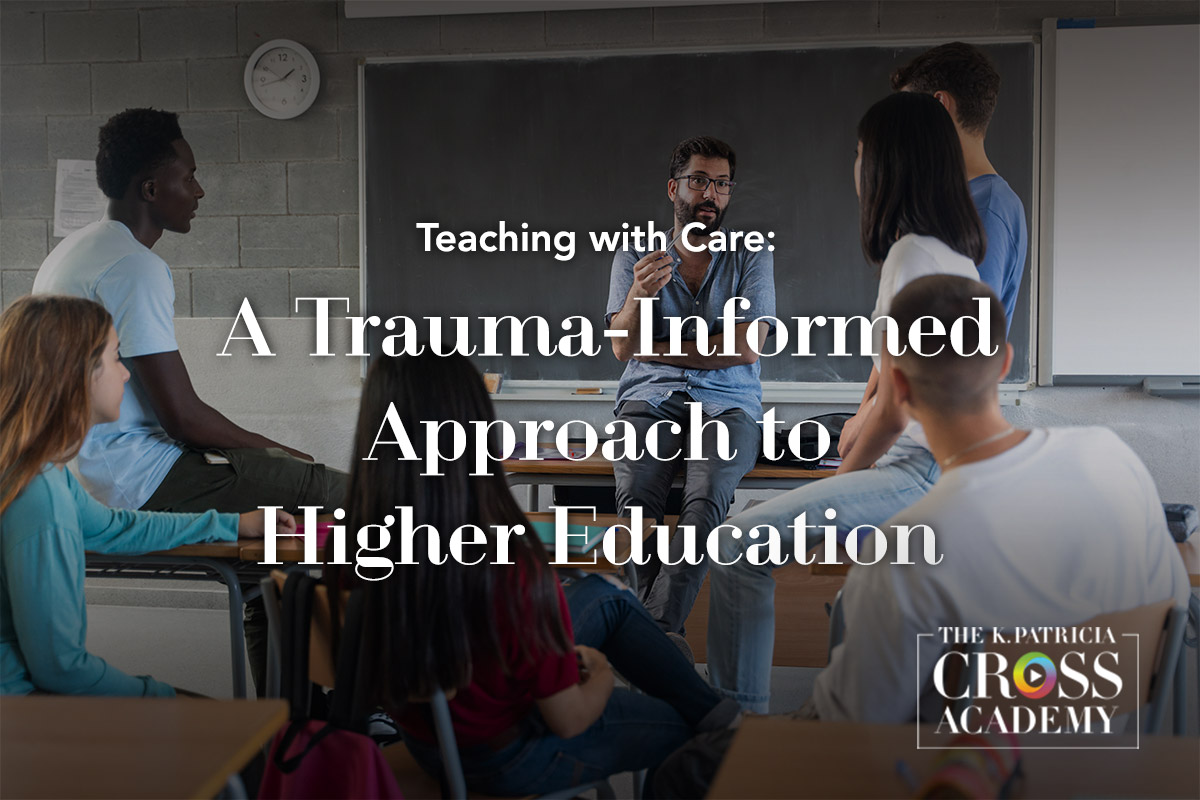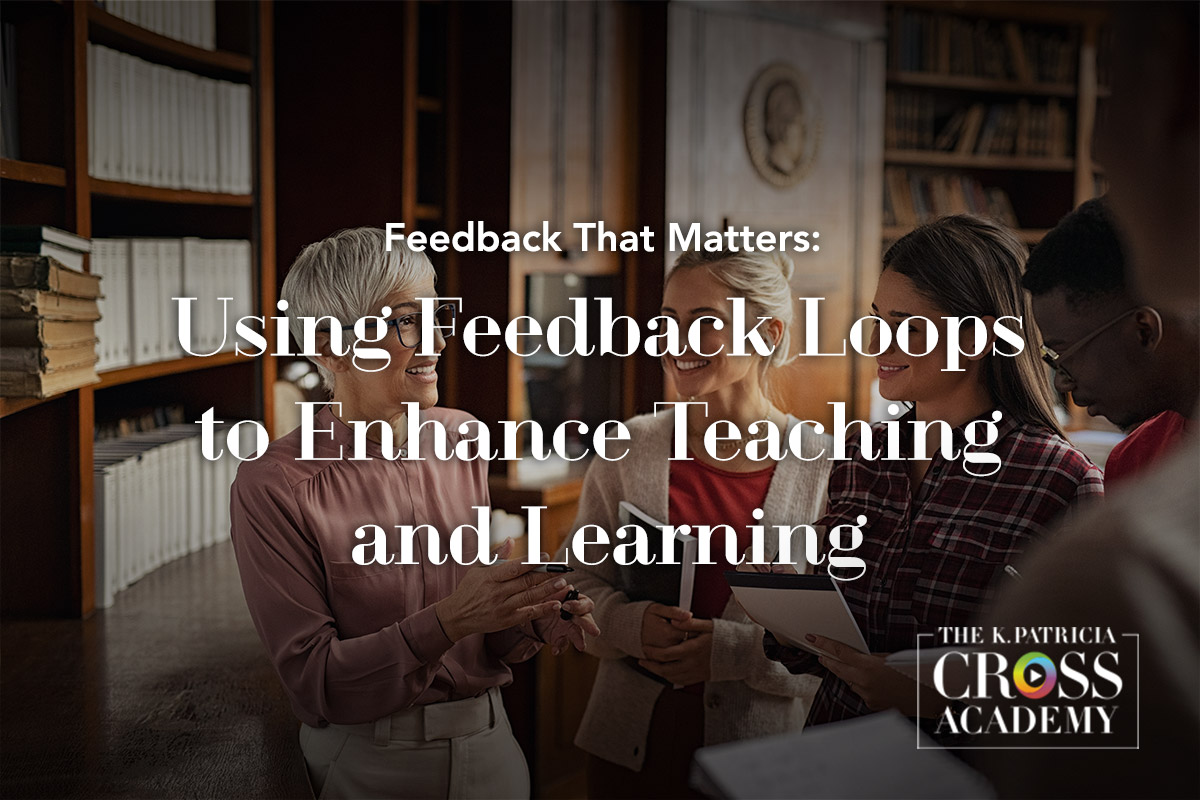
“Any fool can know. The point is to understand.” ~Albert Einstein
Instructors have many important decisions to make about what to teach, how to teach it, when to review, when to move on, and so forth. We are better able to make important instructional decisions when we have good information about whether and how well students have learned to base these decisions on. It’s even better when the data gathering process can also help to improve student learning.
Researchers and educators alike have lauded the beneficial outcomes of formative assessment, a type of assessment aimed at gathering data on student learning to provide prompt and frequent feedback during the learning process. Instructors can use the information they glean from formative assessment to improve their teaching because they can see where students are struggling and address the problem immediately. Following are some suggestions for implementing formative assessment:
Emphasize learning over grading
It’s important to help students focus on the content and skills to be learned, rather than on collecting a grade.
Create a cooperative, rather than a competitive, atmosphere
Help students understand that you are all working together as a team to learn. If a peer offers constructive criticism, it is an effort to help, not hinder.
Focus on quality rather than quantity of work
Amount of work is not the same as quality of work, and if students can show they are mastering a skill or concept through a short task, then assign that rather of a longer more complicated one.
Focus your feedback on the process and product
Your comments and questions should help students feel confident that they can improve and acknowledge that learning is a process.
Keep a running record of how your students are doing
Students will appreciate seeing gains over time.
Give students second chances to demonstrate success
Just because students didn’t demonstrate understanding in the first attempt, it doesn’t mean that they can’t. If you give them multiple chances to document understanding, their confidence will go up, which should help improve their engagement.
See the following Cross Academy videos for techniques to check student understanding.
Suggested Citation
Barkley, E. F., & Major, C. H. (n.d.). Formative assessment: Checking for understanding. CrossCurrents. https://kpcrossacademy.ua.edu/formative-assessment-checking-for-understanding/

Engaged Teaching
A Handbook for College Faculty
Available now, Engaged Teaching: A Handbook for College Faculty provides college faculty with a dynamic model of what it means to be an engaged teacher and offers practical strategies and techniques for putting the model into practice.





